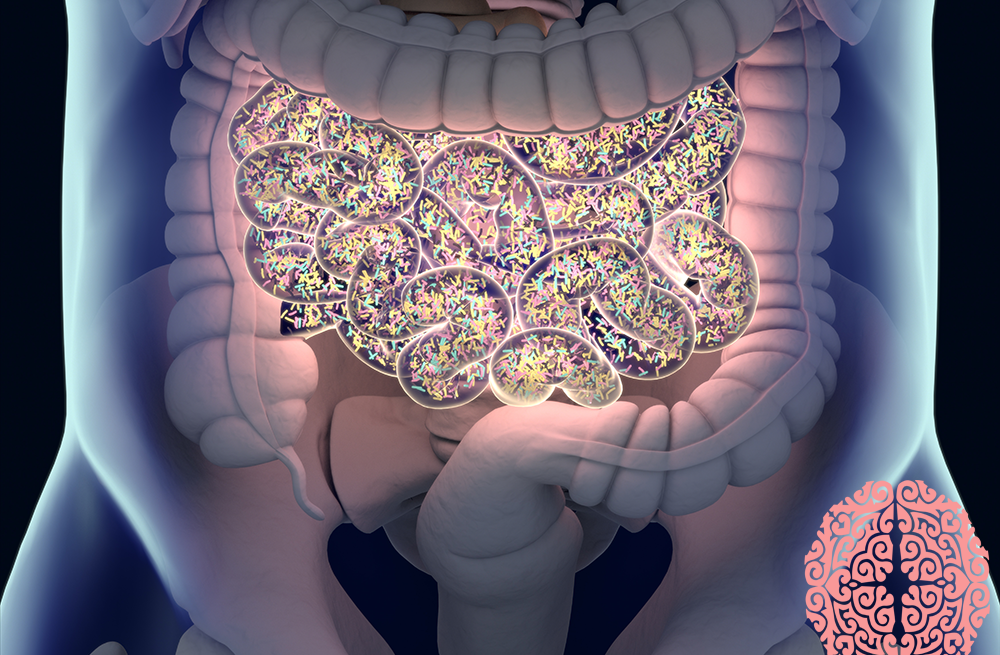Help us
Project overview
The intestine contains around 2,000 distinct kinds of bacteria, fungus, and yeast that help us acquire nutrients from the foods we eat, accounting for 60% of our immune system. These microorganisms are known as microbiota.
When the microbiota is disrupted, our immune system weakens.
It has been proven that children with ASD have altered microbiome. According to some research, these changes may lead to a variety of gastrointestinal and neurological problems. As a result, it was theorized that the progression of autism could be primarily caused by the overgrowth of particular bacteria in these children’s intestines.
Furthermore, the term “intestinal permeability” refers to the “barrier” established by intestinal mucosa cells. When this barrier fails, it generates intestinal hyperpermeability (abnormal permeability), which can directly disrupt specific central nervous system activities as well as cause induce gastrointestinal and behavioural disorders in the individual.
These characteristics led us to believe that if the intestinal microbiota and permeability play a role in pathogenesis, therapy by intestinal microbiota intervention is viable. This intervention will be based on a probiotic that will aid in the children’s microbiota balance.
Dr. Pablo Lapunzina and his colleagues, along with the Cantabria Labs team, work on this research to achieve that specific probiotic.
The study population will consist of approximately 90 children from various schools in Madrid, all of whom have different neurological pathologies but share a common denominator such as refractory epilepsy, developmental delay, aphasia, and language disorder as a result of their rare neurological diseases.
Objectives / working hypothesis
General objective:
To investigate the effect of a probiotic combination on the microbiota and intestinal permeability of children with neurodevelopment problems, as well as its clinical impact.
Specific objectives:
- to examine the findings in the fields of language, behaviour, and learning.
- to examine the findings in relation to pre-existing digestive issues.
- to investigate the composition of the intestinal microbiota and intestinal permeability, as well as their variation in relation to the environment and the unique environment of the children under study. To investigate potential benefits from the administration of a probiotic cocktail. This research will be conducted on neurotypical students from a rural school.
Financing
The project budget is €65,400, which includes the following items:
- 90 children’s medical appointments
- 90 children’s neurocognitive evaluations
- microbiota examination
- project management costs, such as reports, statistical analysis, and publication
Cantabria Labs’ free assistance on this project is invaluable, as is their personnel and probiotic manufacturing. Iberdrola also contributes to the funding of this project.
Annexed documents
Management and progress
The project will be evaluated:
- Weekly: with the team that directly works with the children
- Monthly: with the project coordinator
- At the end, the study’s findings will be presented.
- Other reports: after evaluating the children at the beginning and finish, parents will be provided a report.
Progress:
- Jun–July 2021: statement of the project’s objectives, phases, and requirements
- Oct. 2021: data study and active search for the ideal recipe to manufacture the new probiotic
- November 2021: search for participants in different schools. Information for parents.
- November–December 2021: Children’s evaluations. Production of the probiotic.



















